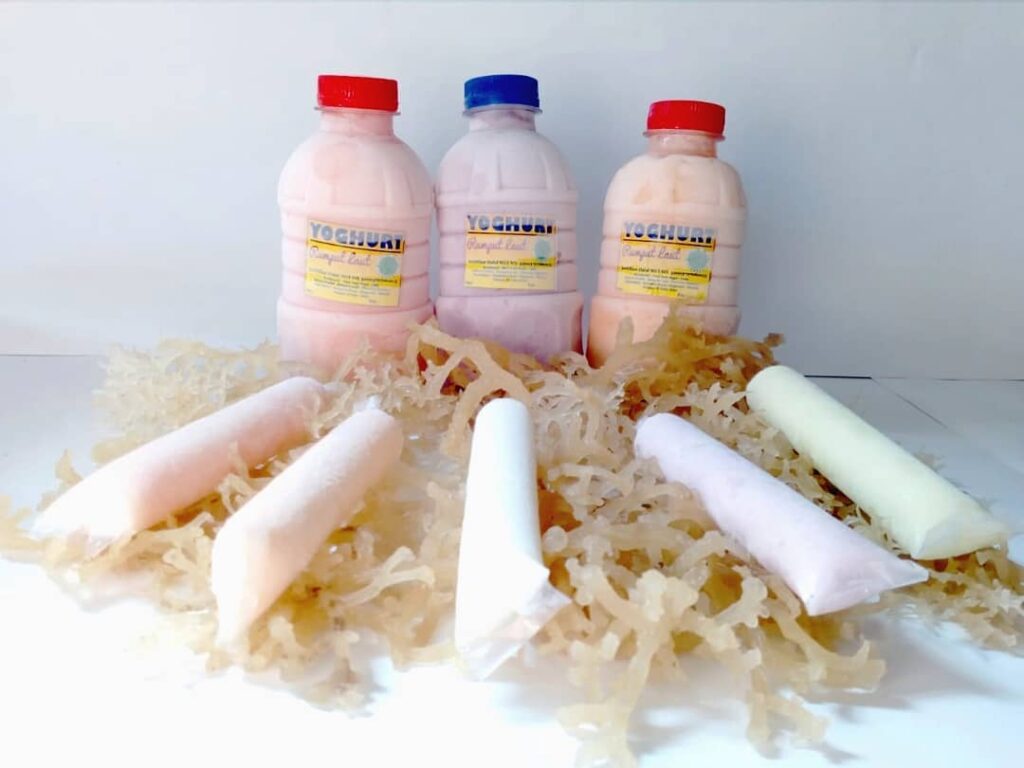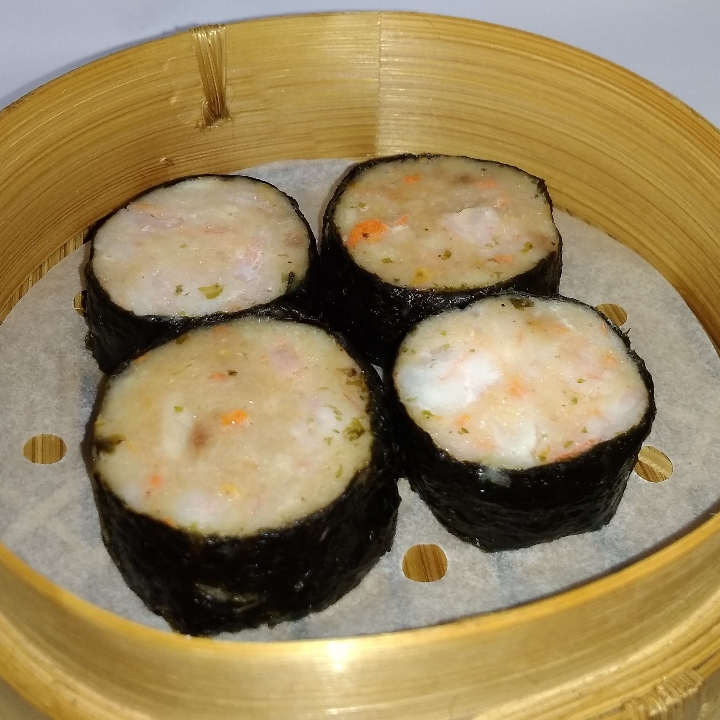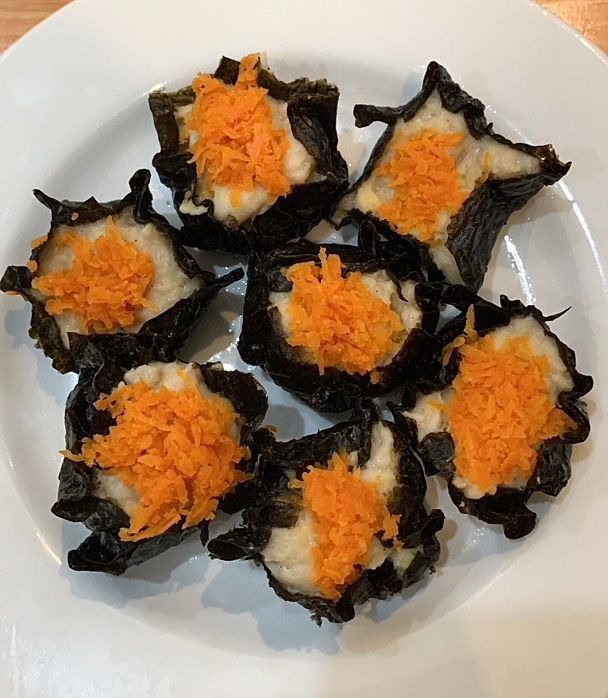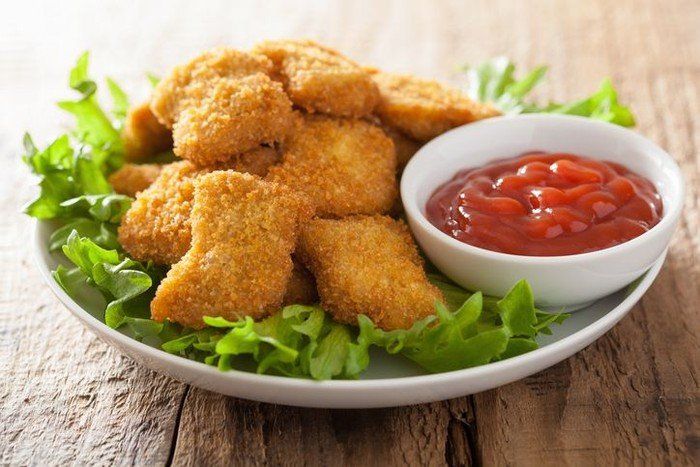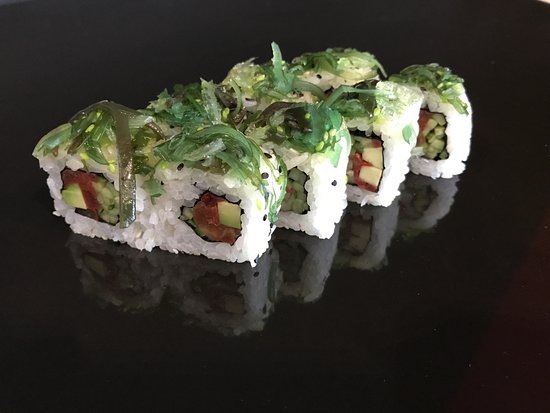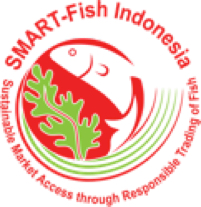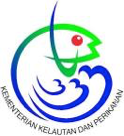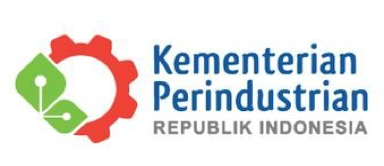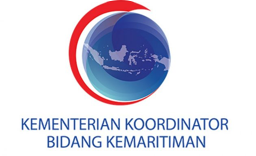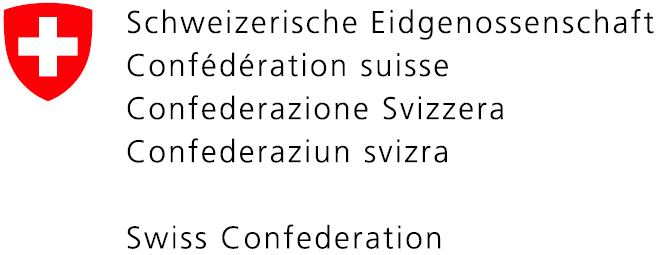
DS Smith Looking to Seaweed as Alternative to Wood for Packaging
In an industry first, DS Smith could use seaweed across its packaging network as an alternative fiber source to wood. After initial testing, the company also is researching seaweed’s potential role as a barrier coating, replacing problem plastics and petroleum-based packaging used to protect many foodstuffs.
DS Smith announced today it is talking to several biotechnology companies to explore the potential use of eco-friendly seaweed fibers in a range of packaging products, such as cartons, paper wraps and cardboard trays. The production process with seaweed could be less energy intensive, with fewer chemicals used to extract the fibers, creating the next generation of sustainable paper and packaging solutions.
The seaweed project is part of DS Smith’s more than $140 million, five-year circular economy research and development program announced earlier this year. The work is designed in part to boost research into alternative fibers and to reduce and eliminate waste.
It’s also looking at potential uses of natural fibers, such as straw, hemp, miscanthus and cotton. Also being tested are more unusual sources, including the daisy-flowered cup plant and agricultural waste like cocoa shells or bagasse — the pulp fiber left over after sugarcane is processed.
Given its wide range of uses, seaweed in manufacturing is a burgeoning market. The European seaweed industry alone is predicted to be worth almost $11 billion by 2030, generating 115,000 jobs.
Seaweed generally is available from commercial seaweed suppliers and farmers, and scientists have explored the uses of multiple types of green, brown and red seaweed. DS Smith said its research will help decide which species has the best qualities for its processes.
In June, the company announced today a series of ambitious climate targets, including a science-based target to achieve a 40% reduction of CO2 emissions per ton of product by 2030, compared to 2019 levels, and a commitment to reach net-zero emissions by 2050.
These targets will be validated by the Science Based Targets initiative, in line with the goals of the Paris Agreement. To further underline the company’s ambition and commitment, DS Smith also announced its membership in the UN’s Race to Zero. To achieve these targets, it will further adopt a number of engineering solutions, including using local biomass and biogas, and renewable electricity like wind and solar.
Source: https://www.environmentalleader.com/2021/08/ds-smith-looking-to-seaweed-as-alternative-to-wood-for-packaging/
